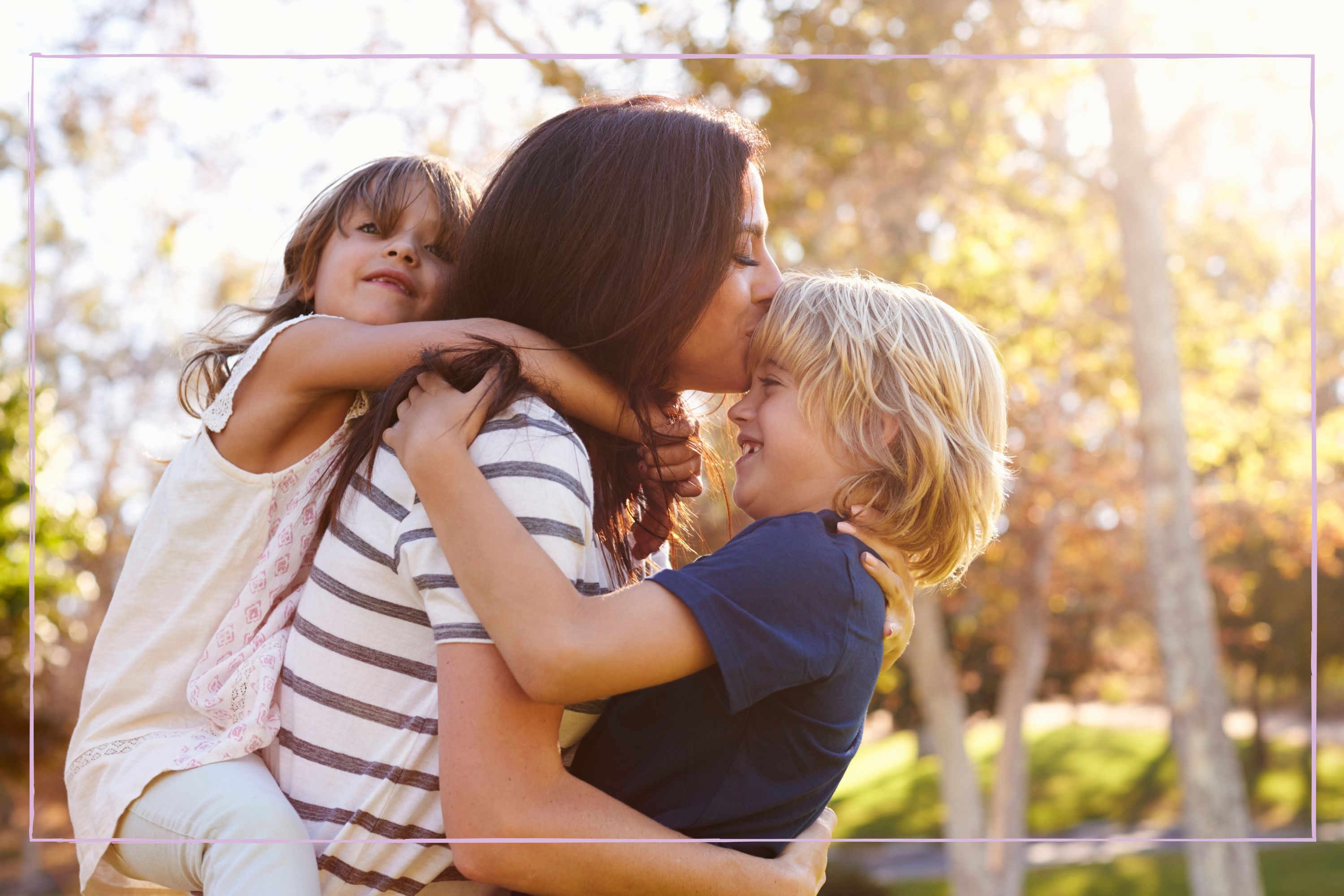Think you’re the favourite child? You might be right, but you’re probably not - this psychologist reveals why
It may be taboo to admit it - but lots of parents do have a favourite child

There, we said it, mothers do have a favourite child! And a psychologist has revealed the subtle clues that you come out on top - though maybe don't share the news with your siblings...
Life with siblings can be very up and down. There are the cons, like the fact that teenagers struggle more with their mental health when they have siblings, and, as all parents will struggle with, the constant bitter sibling fights - though kids who fight with their siblings will fare better in life. As adults, we may feel the repercussions of life with siblings, like realising that we struggle with eldest daughter syndrome. And there are the pros, like... like...
All jokes aside, having siblings is a great childhood experience. There's always a playmate around, someone to talk to and spend time with on those rainy days when you're stuck indoors. But growing up, you may have had an inkling that you were or, on the flip side, were not your mum's favourite. And you wouldn't be alone in thinking this.
Card manufacturers Moonpig surveyed 2,000 UK adults in the United Kingdom and found that 17% of women and 24% of men believed they were their mum's favourite child. Not only this, but it also found that 23% of mothers do in fact have a favourite.
So how do you know if you won that coveted title? "Often a mum’s favourite will be a child with similarities in personality to their own – sometimes even the child who most reminds them of their younger self," behavioural psychologist Jo Hemmings revealed to StudyFinds.
Some tell-tale signs that you're the favourite child, according to the expert, are; your name or birthday date are consistently used for passwords, your pictures decorate the walls of a home more so than those of other siblings, more effort is put in to your birthday gifts and celebrations, and you're the one they most often choose to sit next to at dinner.
Fighting for the position of favourite child is something all children do, especially when they don't think that they are the favourite. “It’s natural for there to be competition amongst siblings," Hemmings shared. "It’s almost a rite of passage for every child with an older or younger brother or sister, as many children don’t want to think they are not the favourite."
Parenting advice, hot topics, best buys and family finance tips delivered straight to your inbox.
But, if you think you are the favourite, we're sorry to say that it's likely you're wrong. Scientists from Purdue have found that kids are wrong 60% of the time when guessing if they are their mother's favourite - It's good news for those who don't think they're the favourite though!
And if you do think that you're not the favourite, you might be consoled by the fact that you may one day become so. Mum's who do have a favourite, as well as those children who think they are the favourite, admit that parents do tend to go round in circles, favouring one child at certain times, and others at another.
Hemmings explains, "Those mums who admit to having a favourite recognise that their love for each of their children is not compromised, it’s just that they can like one more than the others at certain times in their lives." It all depends on whose trying hardest to impress, it seems. "Of course, siblings who often jostle for pole position in their mum’s eyes are going to do their best to come up top," she adds.
Keep up to date with more family news like this is the age children lose touch with their grandparents, according to new research and these 4 tips can help teach your kids to share - and they're less hands-on than you might expect. Plus, this unpopular habit could be a sign of intelligence in kids, according to research.
Charlie Elizabeth Culverhouse is a news writer for Goodtoknow, specialising in family content. She began her freelance journalism career after graduating from Nottingham Trent University with an MA in Magazine Journalism, receiving an NCTJ diploma, and earning a First Class BA (Hons) in Journalism at the British and Irish Modern Music Institute. She has also worked with BBC Good Food and The Independent.